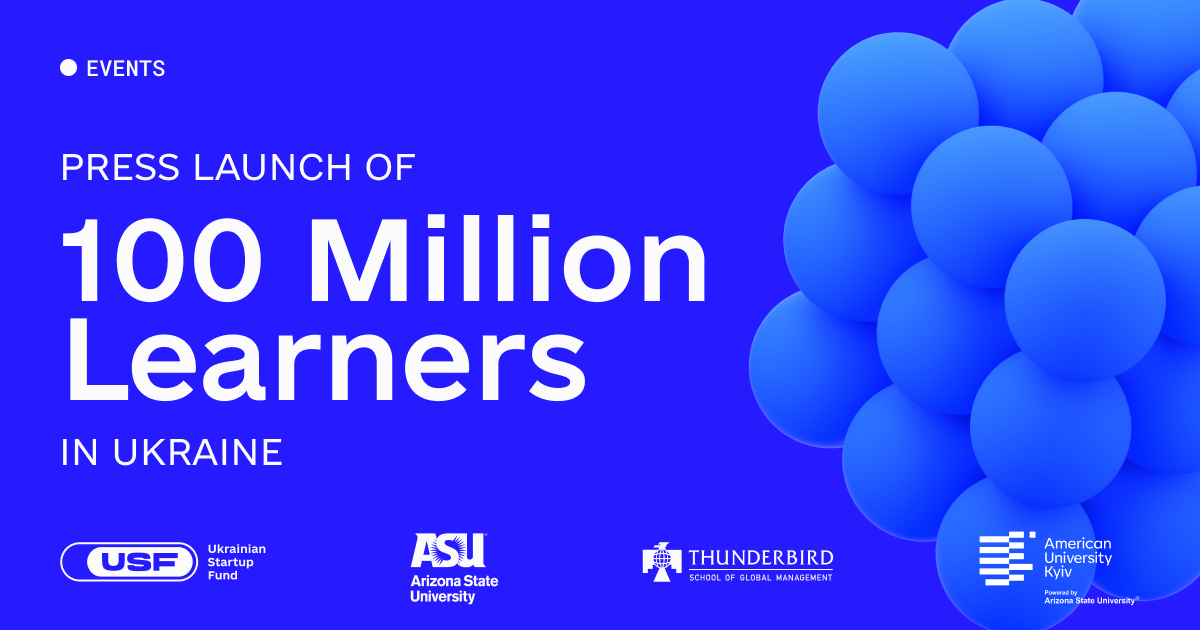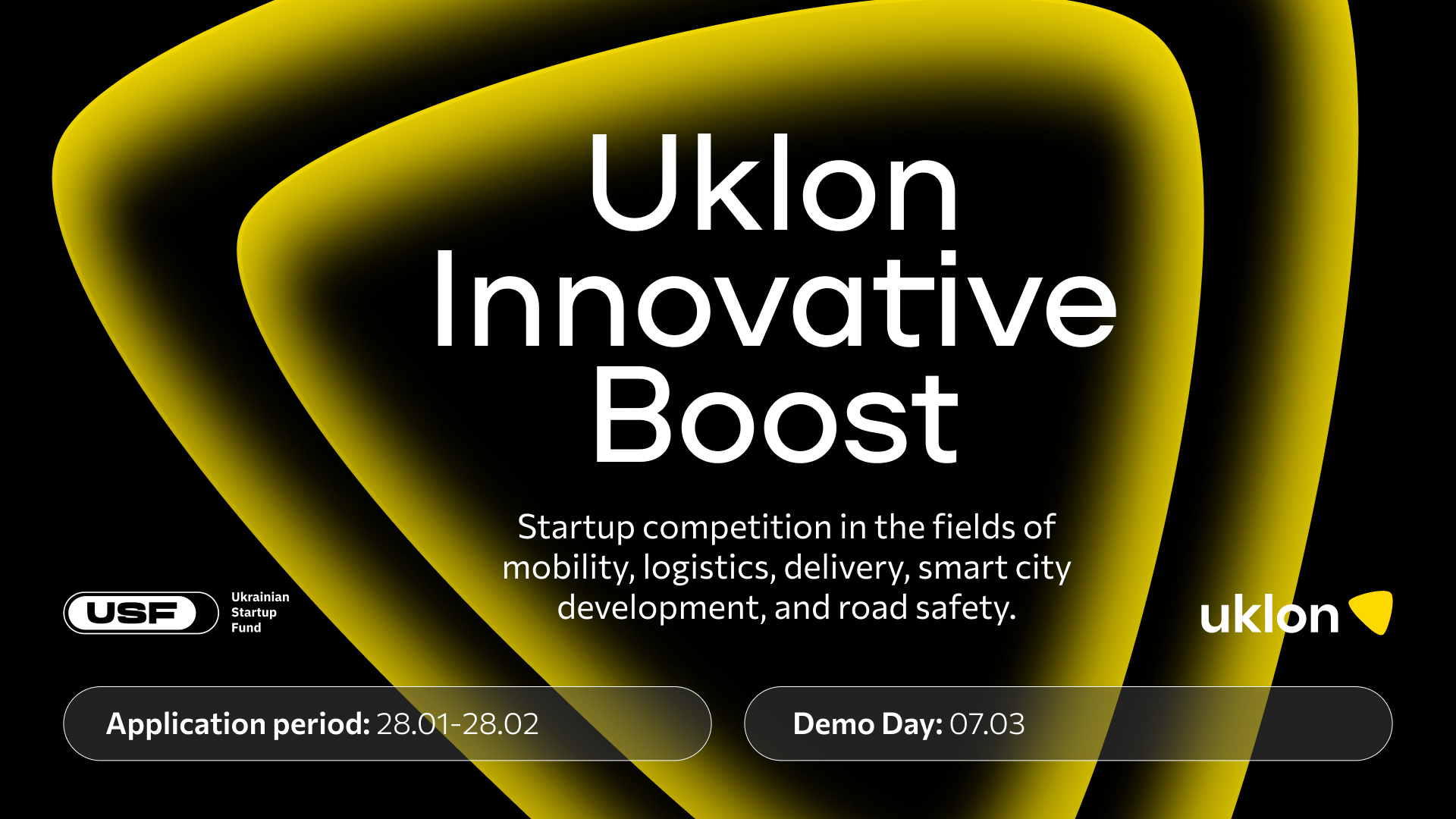The future of the Ukrainian tech ecosystem

Ukraine’s growing role in the global tech landscape is attracting considerable interest from foreign partners and investors. This study highlights the current state and prospects of the Ukrainian tech industry, as well as the opportunities for deeper cooperation between Ukraine and foreign partners.
The main objective of this study is to support and increase the exchange of knowledge, experience and innovation between Ukraine and global technology players. Our goal is to identify prospects and areas for further cooperation, contributing to the strengthening and development of Ukraine’s tech ecosystem.
Below we present the key aspects of the study:
Ukraine Tech Ecosystem Hypothesis / Research Points:
- War Resilience.
Ukraine tech ecosystem continues to be highly resilient in the times of war. In the last 18 months, we have seen multiple fundraisings and M&A activity in tech space (most notably Preply $70m and Miratech-Horizon deal) - Series-A Gap
Ukraine Tech Ecosystem has sufficient presence of seed capital (through grants, local VCs and HNW) and growth stages (Series-B and Series-C) is well covered by Horizon Capital. There is, however, an obvious deficit of Series-A funding. - Pipeline of start-ups
Ukraine has increasing pipeline of innovative companies and start-ups with high-growth potential to receive later-stage investment. A number of such companies and start-ups is growing year to year. - Women Founders
While there are many prominent female leaders in the Ukrainian tech ecosystem, there are not so many female founders in successful start-ups, especially later-stage. The ration of women founders is about 30%. Moreover, there are very few or none ecosystem players (VCs, studios, or accelerators) that focus on women-led or women-run startups.
We encourage investment companies and research organisations to work more closely together and actively engage in this area. Together, we are creating a positive climate for innovation and technological development!
2022/23 was a challenging year for the whole Ukraine. Startups are no exception. However, despite all the circumstances, many Ukrainian founders have managed to attract new investments on a regular basis.
Early-stage startups
Early-stage startups are active, entering new markets and raising funds from foreign partners.
As an example, we can point the Google for Startups Ukraine Support Fund initiative, which provided $5 million in cash grants to help approximately 50 companies based in Ukraine through 2022.
Another example is the €20 million funding from the European Commission to support the Ukrainian innovation community. The initiative will support at least 200 Ukrainian deep-tech startups with up to €60,000 each. The initiative will support at least 200 Ukrainian deep-tech startups with up to €60,000 each.
In April 2023, the Ukrainian Startup Fund together with Glovo headquarters launched the Glovo Ukraine Startup Lab programme. Based on the results of the selection, the 20 best teams will be able to present their startup and compete for a cash prize of €35,000 and an internship at Glovo’s headquarters in Barcelona.
In addition, the USF has entered into several partnerships to empower and promote Ukrainian startups (for example, in the health-tech sector with YZR, ZAS VC, etc.).
Mid-stage. Series-A startups
The mid-stage is usually the point at which startups seek serious investment, for example, through a Series-A round of funding. These investments help businesses to increase production, expand their market and implement strategic initiatives. Here are some examples of successful Ukrainian start-ups:
- Carmoola, a British-Ukrainian fintech startup, raised $125 million in a Series A round. As part of the new Series A round, Carmoola received more than $10 million from QED Investors, VentureFriends, InMotion Ventures, and the investment arm of Jaguar Land Rover. Another $115 million came from the British bank Natwest in the form of loan financing.
Carmoola was launched in 2022 by Aidan Rushby, Amy McKechnie, and Ukrainians Roman Sumnikov and Igor Gordiychuk. Carmoola is headquartered in London, but according to its LinkedIn page, most of its developers are based in Lviv.
- Ukrainian startup DressX, which develops a platform for selling virtual clothing, has raised $15 million in a new investment round. The valuation of the startup was not disclosed.
The round was led by Berlin-based Greenfield Capital. Other investors include Slow Ventures, Warner Music, The Artemis Fund, Red DAO, and others.
Late-stage B/C startups
Late-stage startups also need constant financial support, as they are already potential key players in the market and contribute to economic growth. They create new workplaces, bring innovations and accelerate technological progress.
For example, Preply, an edtech company founded by Ukrainians, has raised $70 million in equity and debt. This financing will increase the size of the Series C to $120 million.
The company focuses on working with artificial intelligence: it uses such technologies to scale learning, improve access, and focus on the process of acquiring new skills. In particular, Preply has launched an AI assistant that allows tutors to create various exercises, grammar explanations, conversation topics, etc.
Horizon Capital and the International Finance Corporation (IFC) have financed Ukrainian company Miratech. The parties did not disclose the terms of the new investment round or the valuation at which Miratech raised the investment. It is only known that IFC was the lead investor. Only IFC has disclosed the amount of its investment, which is $5 million.
Miratech plans to use these investments to scale up and strengthen its market position. They are also going to expand their team, particularly in Ukraine.


